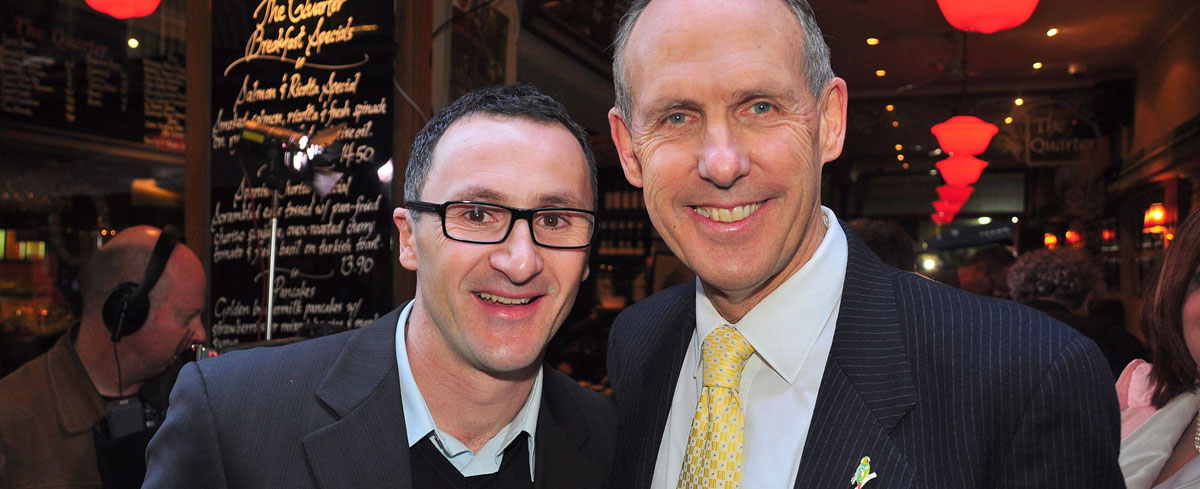Australian Greens leader Richard Di Natale has said he will introduce new laws to regulate the media in an effort to crack down on “hate speech” issued by his political opponents, such as Andrew Bolt and Alan Jones.
“We’re going to call out the hate speech that’s been going on,” Di Natale told supporters at a rally. “We’re going to make sure that we’ve got laws that regulate our media so that if people like Andrew Bolt, and Alan Jones, and Chris Kenny, and I could go on and on and on — if they want to use hate speech to divide the community then they’re going to be held to account for that hate speech.”
Greens Richard Di Natale: If my regime is elected this weekend, I plan to introduce hate speech media censorship laws to censor the speech of media personalities I hate. pic.twitter.com/tHtns2zIJu
— Keira Savage (@KeiraSavage00) May 13, 2019
Alan Jones told Sky News’ Chris Kenny: “While what Israel Folau has said may be controversial, under Dreyfus and Di Natale and presumably under Shorten it would be illegal – a criminal offence.
“These are the high risks being taken if people walk into that ballot box and vote for the Labor party,” Jones added. “There’s no doubt in the world that they want this totalitarian control over every aspect of our life. After all, they’re taxing every crevice of our lives.”
As we’ve said multiple times, “hate-speech” was only invented to create the illusion of virtue in shutting down and censoring unapproved speech and opinion.
Branding criticisms and critique of particular ideologies or certain policies as “hate speech” provides a way of silencing your political opponent while claiming the moral high ground in doing so.
Call unapproved opinions “hate speech”, then call “hate speech” dangerous and divisive, and voila! You’ve silenced your opponents without even having to engage with their arguments.
It’s been said that a free press is the first enemy of a dictatorship. Winston Churchill called a free press “the most dangerous foe of tyranny.” Thomas Jefferson once said, “Our liberty depends on the freedom of the press, and that cannot be limited without being lost.”
That’s not to say everything a free press offers is, by necessity, good. As French author Albert Camus said, “A free press can, of course, be good or bad, but, most certainly without freedom, the press will never be anything but bad.”
“Hate speech” laws that prevent commentators, or even just the average person, from expressing an idea that others might consider prejudice or offensive are completely arbitrary, subjective and, as Di Natale demonstrates, will likely only be used by those in power to silence or punish their critics.























